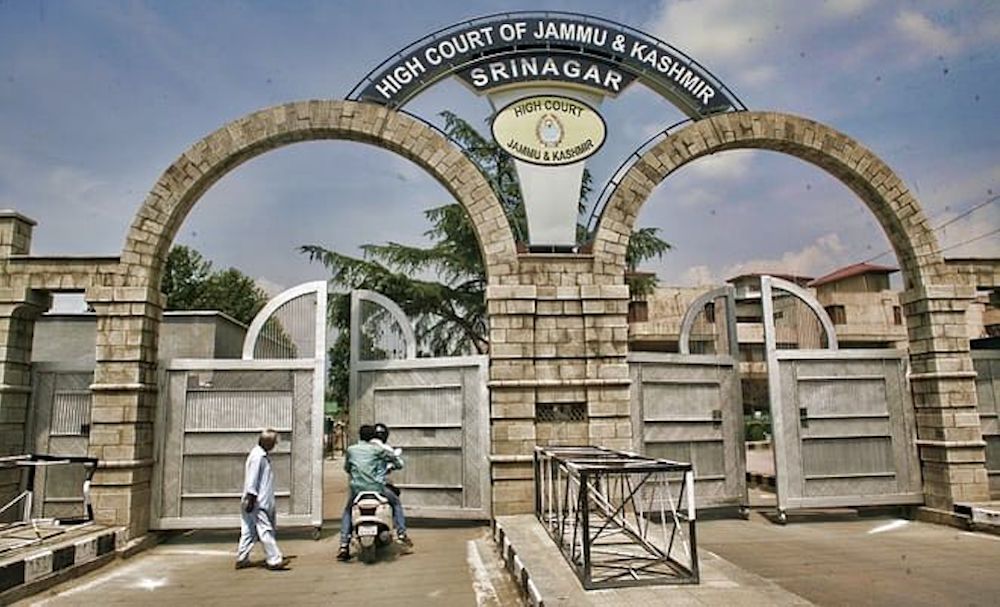LI Network
Published on: December 16, 2023 at 13:02 IST
In a landmark decision affirming property rights, the Jammu and Kashmir and Ladakh High Court has instructed the Union of India to disburse a substantial sum of Rs. 2.49 crores in rental compensation to 24 Displaced Persons (DPs).
The families, who were subject to an “illegal” occupation of their land by the Indian Army for over four decades, will receive the compensation following the court’s directive.
Justice Wasim Sadiq Nargal, presiding over the case, highlighted the importance of upholding property rights within the framework of the constitution.
The court emphasized that while the state possesses the authority of “Eminent Domain” to interfere with property rights, such interference must be justified for a public purpose, and adequate compensation must be provided.
The Union of India was deemed obligated to follow lawful procedures for acquisition or requisition and could not deprive petitioners of their property without proper legal sanction.
The dispute involves 24 DP families who were allotted land in Jammu in 1953 for rehabilitation after being displaced from Pakistan-occupied Kashmir during the partition. However, in 1978, the Indian Army occupied their land without adhering to due process or offering any compensation.
The petitioners argued the undisputed ownership of their land, supported by duly attested mutations in their favor. They contended that the Army’s occupation was illegal, violating their constitutional right to property.
Contrarily, the Union of India claimed that the land originally belonged to the Ex-State Forces and was transferred to the Army through an agreement in 1956. They argued the invalidity of the DP’s allotments.
Justice Nargal meticulously examined the legal arguments and reviewed land records, establishing that the allotments to DPs predated the 1956 agreement and were legally supported through mutations, confirming their ownership.
Citing Rule 5 & 15-A of the Allotment of Land To Displaced Persons Rules, 1954, the court noted that once land is allocated for rehabilitation, it cannot be taken away without due process, either through requisition with payment of rentals or through acquisition with compensation.
Emphasizing the constitutional aspect, the court asserted that property rights, protected under Article 300-A of the Constitution of India, are fundamental human rights. It reiterated that no individual should be deprived of their property without following due legal procedures, even in the exercise of eminent domain, and reasonable compensation must be provided.
In light of these considerations, the court declared the actions of the Union of India as illegal and unconstitutional. The petitioners were dispossessed in 1978 without legal sanction or due process, and no compensation had been paid, despite the State Government’s assessment.
The court ordered the Union of India to pay the assessed rental compensation of Rs. 2.49 crores from January 1, 1978, to March 31, 2009, within one month.
Furthermore, the respondents were directed to evaluate and pay rental compensation from March 31, 2009, to the present, under the Right to Fair Compensation and Transparency in Land Acquisition, Rehabilitation, and Resettlement Act, 2013.
The court explicitly stated that if the compensation was not paid within the stipulated timeframe, interest at 6% per annum would be levied.
Case Title: S. Saroop Singh Vs Union of India through Defence Secretary.

